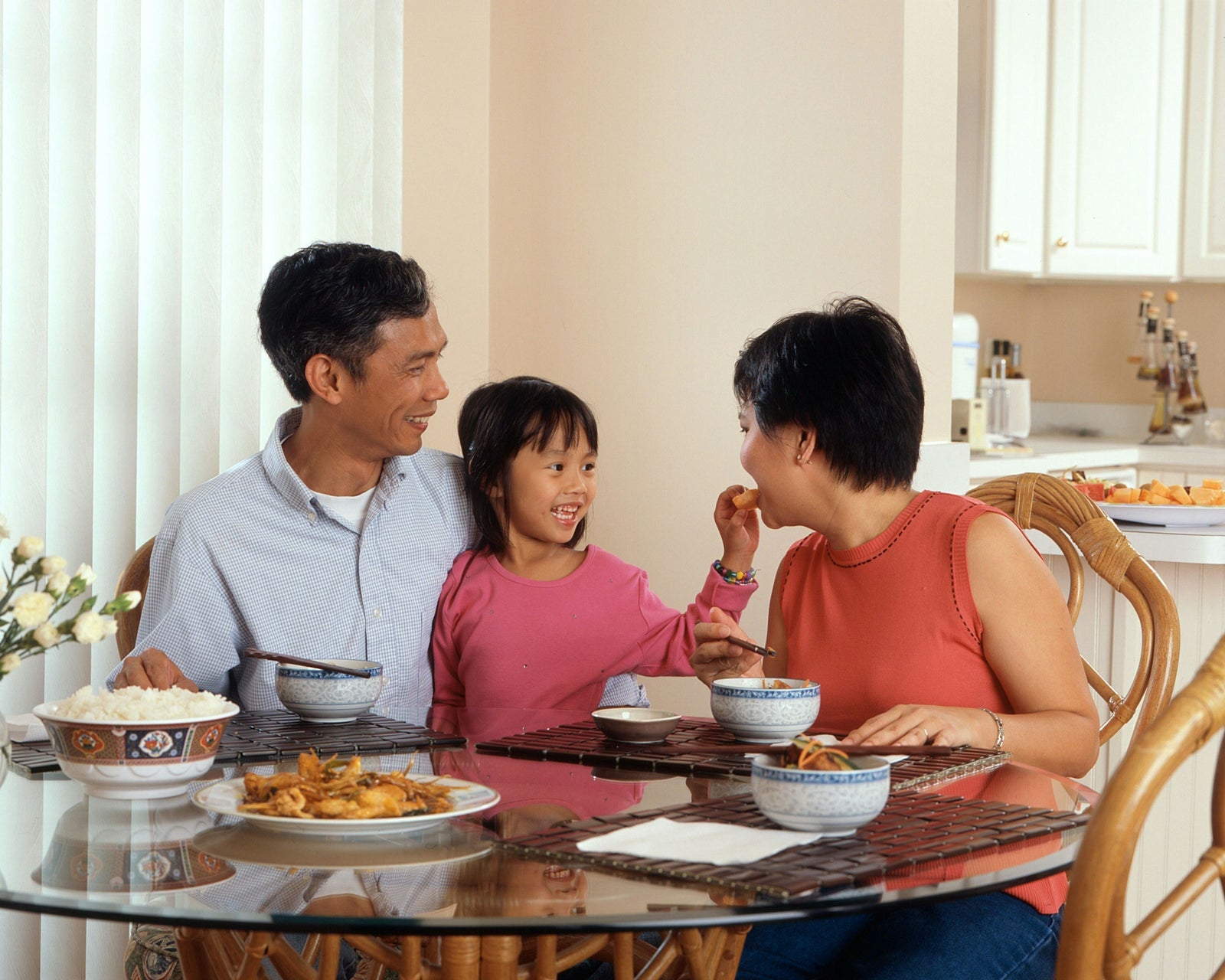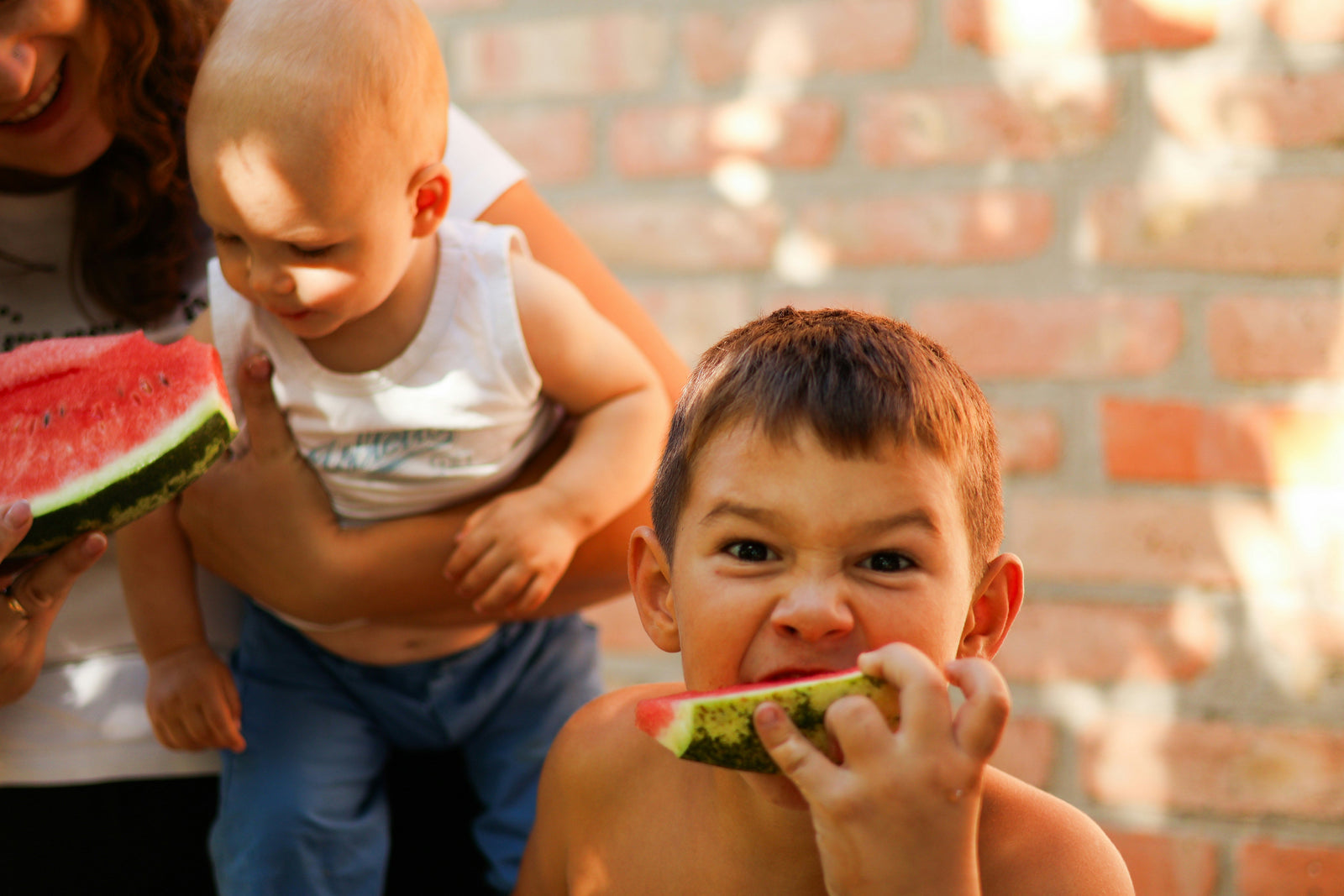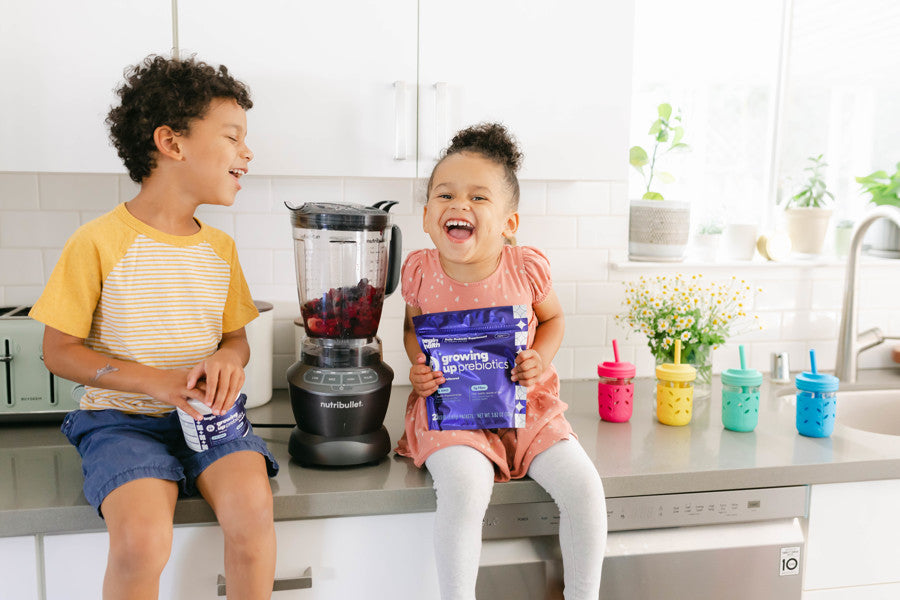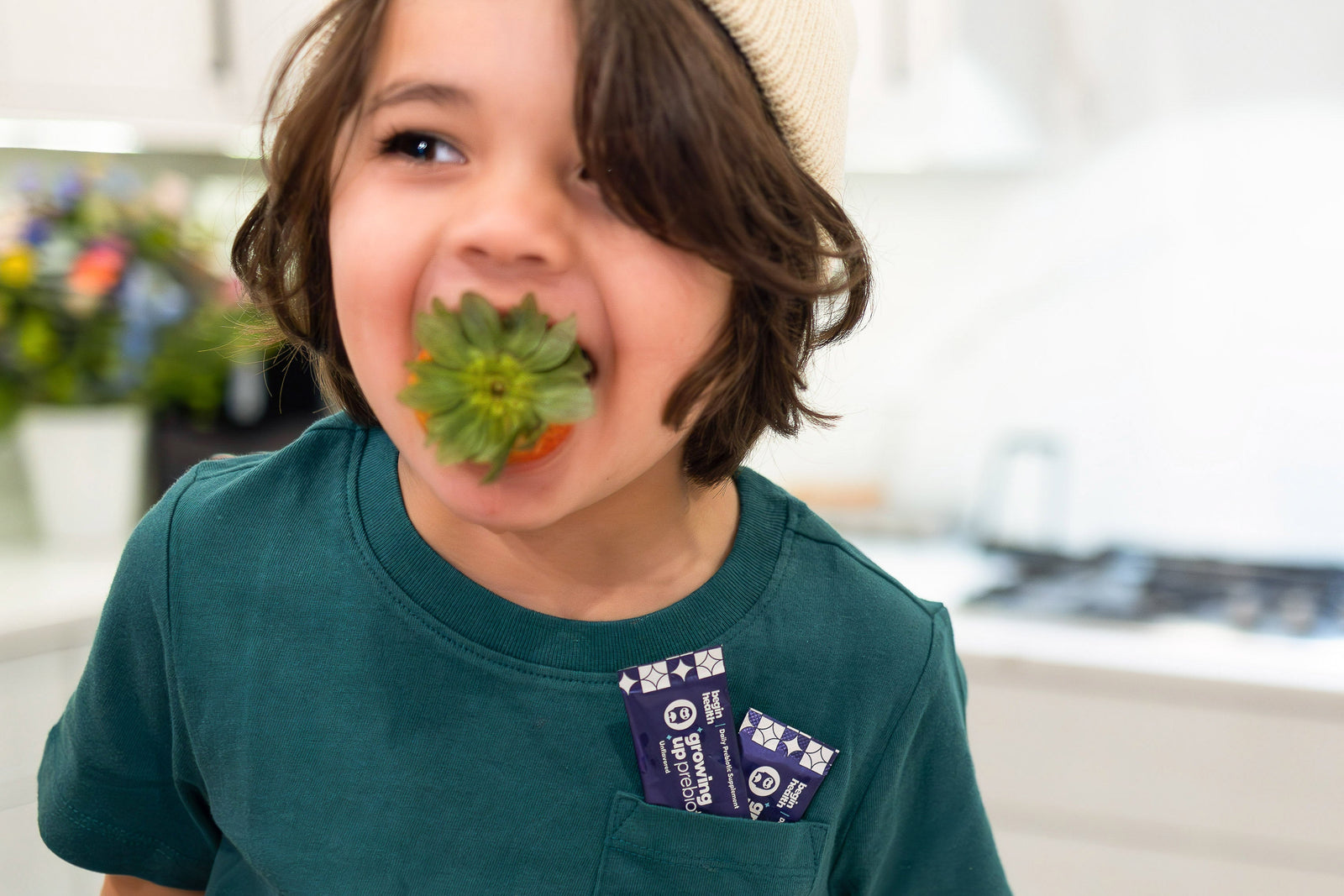Your Cart is Empty
Continue shopping3 Causes of Encopresis in Kids
Medically Reviewed by May Zhu, RDN | Published May 24, 2024
share this article

Encopresis, also known as fecal soiling, is a distressing condition where kiddos pass stools in inappropriate places, often due to chronic constipation. Understanding the causes of encopresis is essential for effective management and treatment. In this blog, we'll explore three common causes of encopresis in kids.
What is Encopresis in Kids?
Encopresis is more than just a toileting issue—it's a complex medical condition with various underlying causes. It often occurs as a result of chronic constipation, where hard stools accumulate in the rectum and cause stretching and weakening of the muscles. This leads to involuntary soiling of underwear or clothing.
Chronic Constipation
Chronic constipation is one of the primary causes of encopresis in kids. It's characterized by infrequent bowel movements, hard stools, and difficulty passing stools. According to research published in Pediatrics, chronic constipation affects approximately 3% of kiddos, with encopresis being a common complication [1]. The accumulation of stool in the rectum can lead to overflow soiling, where liquid stool leaks around the impacted mass, causing fecal soiling.
Emotional Factors:
Emotional factors can play a significant role in the development and persistence of encopresis. Stressful life events, anxiety, and behavioral issues can exacerbate constipation and contribute to fecal soiling. A study in the Journal of Pediatric Gastroenterology and Nutrition found that kiddos with encopresis often experience higher levels of stress and anxiety compared to their peers [2]. Emotional distress can lead to withholding behaviors, where kids consciously avoid having bowel movements due to fear or discomfort, worsening the constipation and soiling cycle.
Dietary Factors:
Dietary habits can influence bowel function and contribute to the development of encopresis. A diet low in fiber and fluids can increase the risk of constipation, while certain foods, such as dairy products and processed foods, may exacerbate symptoms. Research from Nutrients suggests that insufficient fiber intake is prevalent among kiddos, with only 8% meeting the recommended daily intake [3]. Low fiber intake can lead to hard stools and constipation, increasing the likelihood of encopresis.
Daily reads to help your little ones lead happier and healthier lives.
Buy Now
Join the
Happy Gut Club
Addressing the Underlying Causes
Understanding the underlying causes of encopresis is crucial for effective management and treatment. A holistic approach that addresses both physical and emotional factors is recommended. Treatment strategies may include:
Dietary Changes: Increasing fiber and fluid intake can help soften stools and prevent constipation. Encouraging kiddos to eat fruits, vegetables, and whole grains can improve bowel function.
Behavioral Therapy: Cognitive-behavioral therapy and biofeedback techniques can help kiddos manage stress and anxiety related to encopresis. Counseling sessions can also address any underlying emotional issues contributing to the condition.
Stool Softeners: Stool softeners may be prescribed to relieve constipation and facilitate regular bowel movements. However, these should be used under the guidance of a healthcare professional.
Summary
Encopresis in kiddos can stem from chronic constipation, emotional factors, and dietary habits. Understanding these underlying causes is crucial for developing effective treatment strategies and providing support.

Author
May Zhu, RDN
Trending

How to Transition Kids Off Stool Softeners Safely
read now
How to Know If Your Kid Needs a Stool Softener (or Something Else)
read now
Why Parents Are Choosing Prebiotics Over Stool Softeners for Kids
read now






